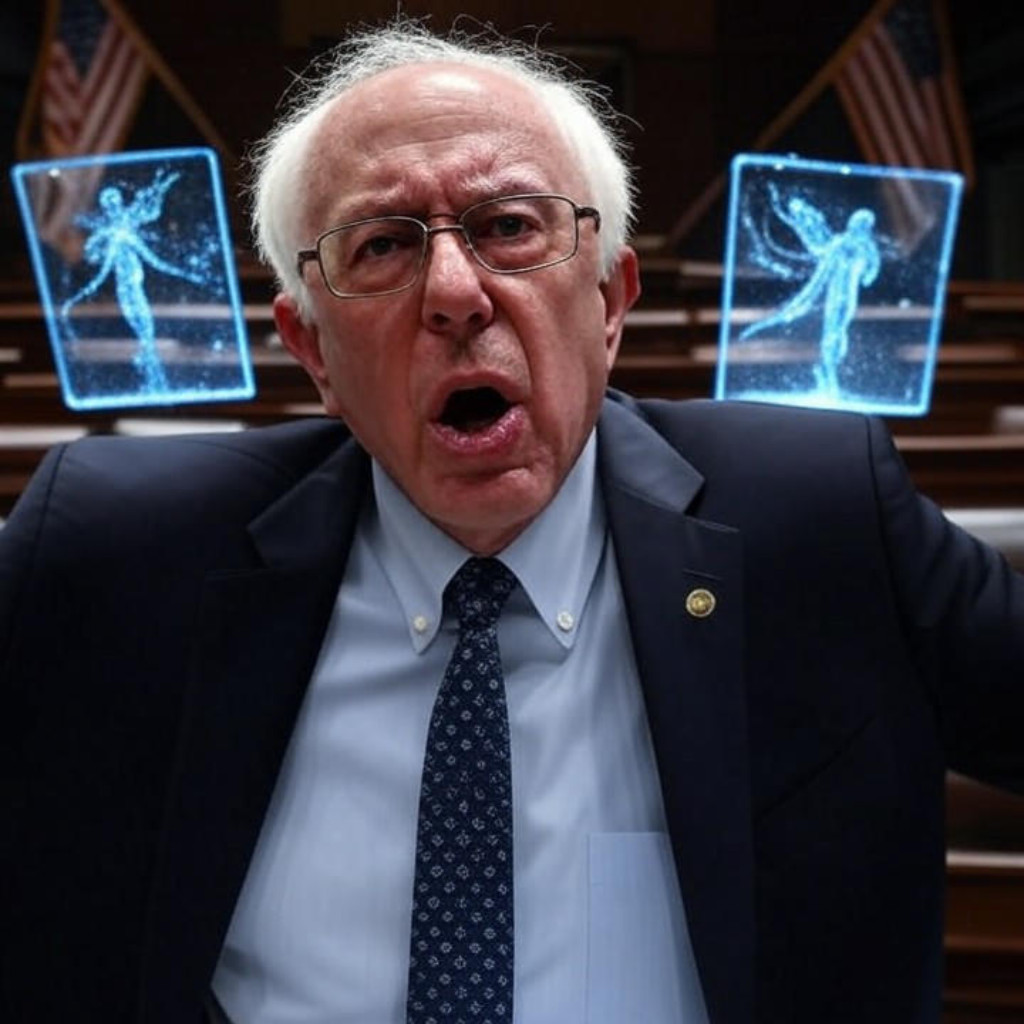
Change Healthcare Ransomware Attack: The $22 Million Heist That Exposed 190M Records
On February 21, 2024, a ransomware attack on UnitedHealth-owned health tech company Change Healthcare sent shockwaves throughout the healthcare industry. The attack stands as the largest data breach of health and medical data in U.S. history, affecting approximately 190 million people in America. This is almost double the previous estimate provided by the company.
The breach was attributed to a ransomware gang known as ALPHV/BlackCat. UnitedHealth initially believed that the intrusion was carried out by hackers working for a government or nation-state. However, on February 29, it confirmed that it had been hit by ALPHV/BlackCat after security protocols were invoked to isolate intruders.
The ransomware gang’s leak site on the dark web was later replaced with a seizure notice claiming that U.K. and U.S. law enforcement took down the gang’s site. The affiliate claimed that the ALPHV leadership stole $22 million paid as a ransom, including a link to a single bitcoin transaction as proof of their claim.
A Timeline of Events
- February 21: Ransomware attack on Change Healthcare begins, affecting doctors’ offices and healthcare practices.
- February 29: UnitedHealth confirms that it has been hit by ALPHV/BlackCat ransomware gang.
- March 13: UnitedHealth pays $22 million in ransom to ALPHV leadership.
- Mid-April: Affiliate sets up another extortion racket called RansomHub and demands a second ransom from UnitedHealth, publishing some stolen health data in an effort to extort the company again.
- July (late): Change Healthcare begins notifying known affected individuals by letter, confirming what kinds of data was stolen and claims and payment information were included.
The Impact on Individuals
The breach has left millions of individuals vulnerable to identity theft and other forms of cybercrime. The stolen data includes personal and health information, which could be used for malicious purposes.
As of October 24, the U.S. Department of Health and Human Services reported that the updated number of those affected is now over 100 million people, making it one of the biggest data breaches in living history.
Analysis and Speculation
The breach highlights the need for healthcare companies to prioritize cybersecurity and implement robust security protocols to protect against ransomware attacks. It also raises questions about the effectiveness of law enforcement efforts to combat cybercrime and whether more should be done to prevent such attacks from occurring in the first place.
As we look to the future, it is clear that cybersecurity will become an increasingly important issue for healthcare companies. The risk of data breaches and other forms of cybercrime is high, and companies must take proactive steps to protect themselves against these threats.
Conclusion
The Change Healthcare ransomware attack was a devastating event that exposed 190 million records and cost UnitedHealth $22 million in ransom payments. As we look back on this event, it is clear that cybersecurity will continue to be an important issue for healthcare companies moving forward. By prioritizing security and implementing robust protocols, companies can reduce their risk of experiencing a similar breach.
Link
For more information about the Change Healthcare ransomware attack, visit https://www.yahoo.com/news/finance/news/ransomware-attack-change-healthcare-went-120000824.html.







As I read about the UK sailor missing after his yacht was found “eviscerated” in stormy weather, I’m reminded of the devastating impact of cyber attacks like the one on Change Healthcare that exposed 190 million records. The fact that a ransomware gang can extort $22 million and leave millions vulnerable to identity theft is a stark reminder of the fragility of our digital lives – what’s the real cost of these cyber attacks, and how can we truly protect ourselves?
I suppose Miranda gets credit for being optimistic about the possibility of meaningful change in our cybersecurity practices. As a slightly jaded 35-year-old IT professional who’s seen his fair share of catastrophic breaches, I’m not holding my breath just yet – but kudos to her for still believing we can do better than playing whack-a-mole with vulnerabilities.
Wow, congratulations to the author on writing such a thrilling tale of incompetence and greed! I mean, who needs robust security protocols when you can just pay $22 million in ransom and hope for the best? As someone who’s worked in cybersecurity for years, it’s hilarious to see how easily these companies get taken down. And let me ask, what’s the point of paying a ransom if the attackers are just going to steal it anyway? It’s like throwing money into a void. Anyway, great read, can’t wait for the sequel!
I couldn’t agree more with the author’s assessment – this devastating ransomware attack on Change Healthcare serves as a stark reminder of the pressing need for healthcare companies to prioritize cybersecurity and invest in robust security protocols to protect sensitive patient data, not just for individuals but also for the collective well-being of our healthcare system.